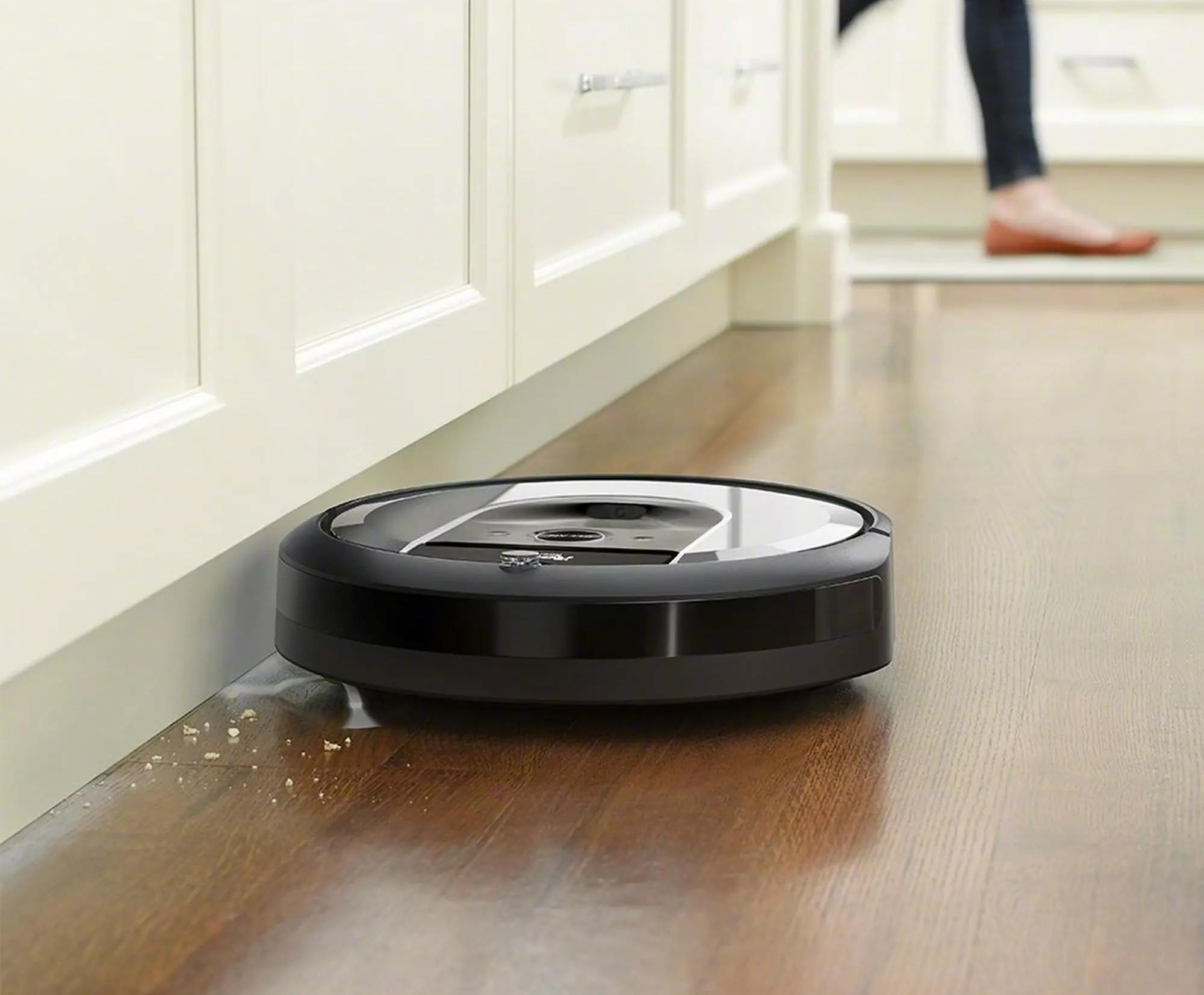Amazon’s $1.7bn iRobot Acquisition Cleared By UK’s CMA

UK antitrust regulator clears Amazon’s proposed smart home acquisition of Roomba maker iRobot after investigation
Amazon’s proposed expansion of its already substantial smart home offerings has been cleared by the regulators in the United Kingdom.
It was in August last year, when Amazon signed a deal to buy Roomba robot vacuum cleaner maker iRobot for $1.7 billion.
Soon after that in September 2022 the US Federal Trade Commission (FTC) requested more details on the deal, after it begun a review of the acquisition, amid concern at the amount of home data Amazon would potential acquire with the iRobot deal.

Deal concerns
Indeed, a group of 20 campaign bodies last year urged US antitrust regulators to stop Amazon’s proposed acquisition of iRobot.
In an open letter the groups warned Amazon could sell Roomba devices “at or near a loss” via its Prime subscription service in order to “access more personal consumer data to buttress its anti-competitive advantages online”.
This would harm users’ privacy while giving Amazon an unfair advantage over competitors who don’t have access to that data, the groups argued.
Then in April 2023, the UK’s CMA announced it was considering whether the deal could reduce competition in the connected device market.
CMA clearance
But fast forward a month or so, and the UK’s Competition and Markets Authority has now confirmed that Amazon has been cleared for its $1.7 billion purchase of iRobot.
The CMA said it had now concluded that the deal would not lead to competition concerns in the UK. In particular the CMA found:
- that iRobot’s market position in the supply of robot vacuum cleaners in the UK is modest and that it already faces several significant rivals. On this basis, the CMA considered that the loss of potential competition from Amazon wouldn’t have a substantial impact on market outcomes.
- that while Amazon could use its position as a major retailer to disadvantage rival robot vacuum cleaner manufacturers, it would lack the incentive to do so.
- the acquisition of iRobot would not disadvantage Amazon’s rival ‘smart home’ platforms. This is primarily because robot vacuum cleaners (and the data that they gather) are generally not considered to be an important input to the emerging “smart home” market in the UK.
The CMA also said that it found that there are, in any case, several alternative robot vacuum cleaners with similar capabilities to iRobot that could form part of rival “smart home” offerings.
“More people are choosing to use ‘smart’ tech in their homes – whether that’s listening to the radio through a smart speaker, answering the door using a video doorbell, or keeping floors clean with robot vacuum cleaners,” noted Colin Raftery, senior director of mergers at the CMA.
“That’s why it’s important to ensure tech firms that already benefit from powerful positions aren’t able to use those positions to undermine competitors at the expense of UK consumers and businesses,” said Raftery. “Here, after a thorough investigation, we’re satisfied that the deal would have no impact on competition in the UK.”
Other agencies
Meanwhile Alex Haffner, competition partner at UK law firm Fladgate noted the CMA’s decision, following the furious reaction of Microsoft after the UK regulator blocked its $69 billion acquisition of Activision Blizzard.
“The clearance decision is a useful riposte to allegations, which have taken on particular prominence recently in the light of Microsoft/Activision acquisition, that the CMA is anti-tech or unduly stifling economic growth in the sector,” stated Fladgate’s Haffner.
“In reality though, the ‘fundamentals’ of this deal means that the CMA’s assessment was far less controversial than in other tech based cases given in particular iRobot’s low market share,” Haffner added.
“As always, the CMA will have co-operated with the other international regulators reviewing the deal,” said Haffner. “The merging parties will no doubt take comfort from the CMA clearance although they will also know that the different regulatory agencies do not always operate in complete lock-step with one another.”